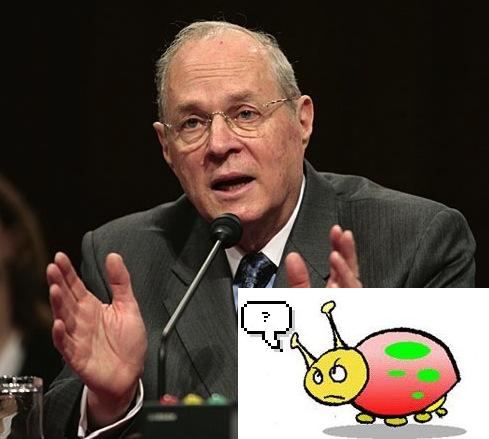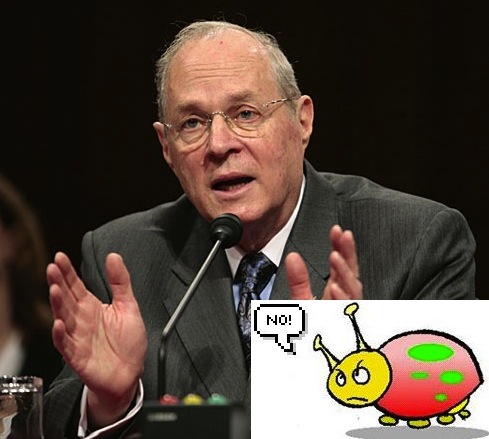(updated below – Mon 10:40pm)
A week ago, a controversy arose around the fact that gay rights groups pressured the law firm that had planned to defend the Defense of Marriage Act (which prohibits gay marriage) into dropping the case. The gay rights groups contact other clients of the law firm and staged protests.
Many pundits (including those against DOMA) think that it was wrong to put pressure on lawyers like this. Andrew Sullivan wrote:
Pressuring law firms not to is, it seems to me, an ugly way to go about making our case.
Everyone deserves a lawyer; and every lawyer deserves to be treated as a professional, not as a partisan. The campaigns to target lawyers for Gitmo detainees, for example, were, to my mind, attacks on the judicial system. Ditto this, to a lesser extent. Why would we not want DOMA to get the best defense and still fail? Isn’t that easily preferable to hounding law firms to drop cases?
This idea pops up often, and now I am trying to tackle it. The idea is that it is “ugly” or somehow wrong to use pressure or stigmatization to dissuade lawyers from defending unpopular clients. Usually the context is that people attack those who criticized the lawyers who defended accused terrorists (as Sullivan suggests), or who have defended accused child molestors. The usual refrain is “Everyone deserves his day in court! You shouldn’t demonize people who defend the accused!”
My question is: would Sullivan (and others) say that it would be wrong for a particular lawyer to say “I am not going to take on this particular unpopular client because I think what he has done is very bad, and I don’t want to increase the odds that he stays out on the streets?”
If the answer to that question is “no” (which I expect), then how could it be wrong for a lawyer (or other person) who had that view to try to persuade other lawyers that his view was correct?
I can’t think of why there should be such a thing as an opinion which is itself benign, but which it should be considered “ugly” or otherwise wrong to try to spread. If an opinion itself is legitimate, how could it be wrong to speak in favor of that opinion to others? (The one exception is for “opinions” which are personal preferences — e.g. “I want to live in Baltimore because I like the weather there” – it can be legitimate to take this view, but it would be simply silly to try to convince others to take on this opinion once you’ve learned that they prefer tropical weather.)
Are there any other examples where people take no issue with person X having opinion Y, but protest as soon as person X tries to persuade person Z that opinion Y is correct?
Update:
I meant to draw the analogy to boycotts to retail corporations. When people boycott retail corporations, nobody complains “don’t boycott stores! everybody has a right to buy goods!” So why do they complain “don’t pressure lawyers! everybody has a right to a lawyer!” when you do what is analogous to boycotting lawyers (instead of refusing to buy their goods, staging protests and registering your opinion on their behavior)?





